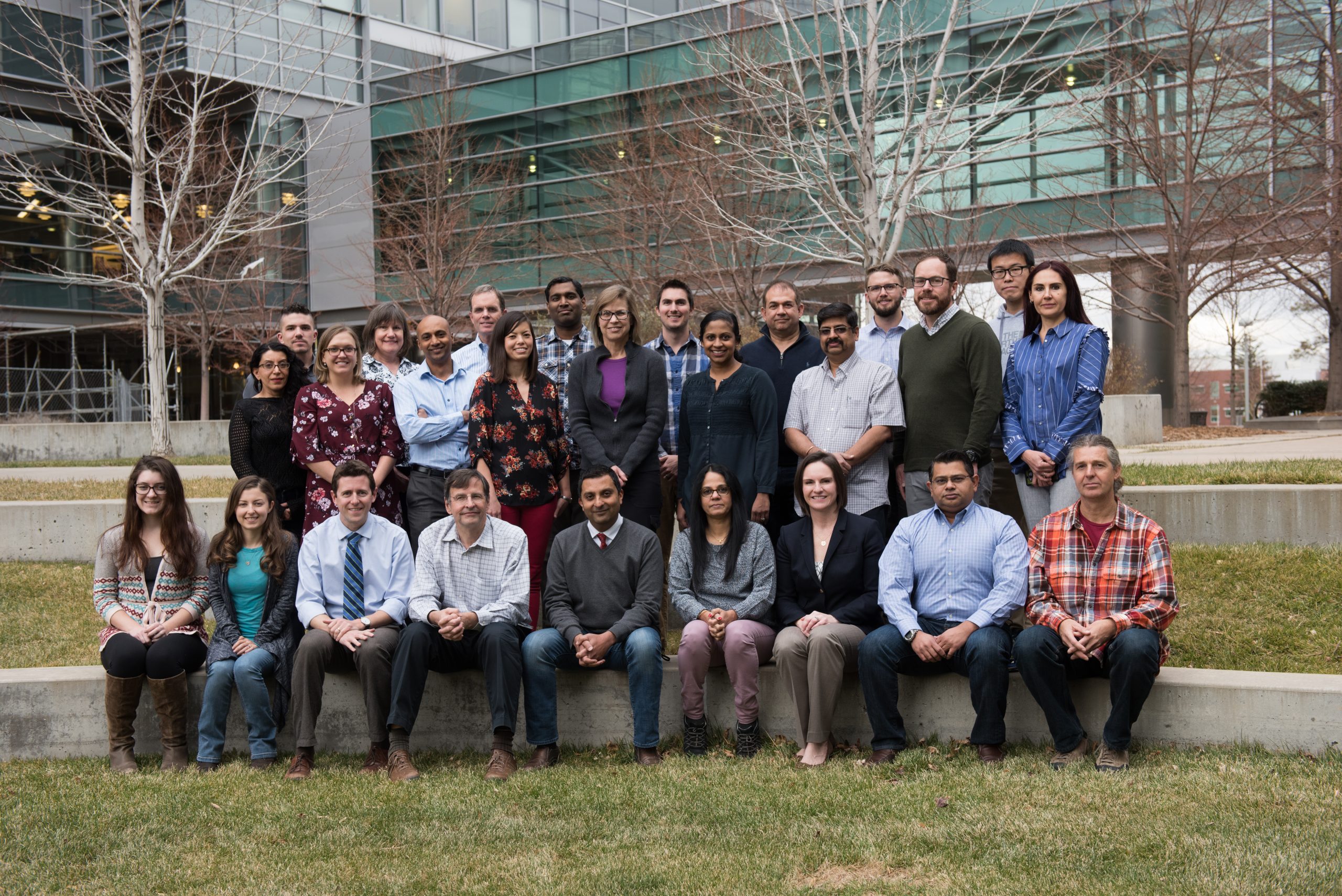
MAF-funded researchers present at ISPNO 2022
The 20th International Symposium on Pediatric Neuro-Oncology was held June 13-15, 2022 in Hamburg, Germany. ISPNO is the major global meeting for the international community

The 20th International Symposium on Pediatric Neuro-Oncology was held June 13-15, 2022 in Hamburg, Germany. ISPNO is the major global meeting for the international community
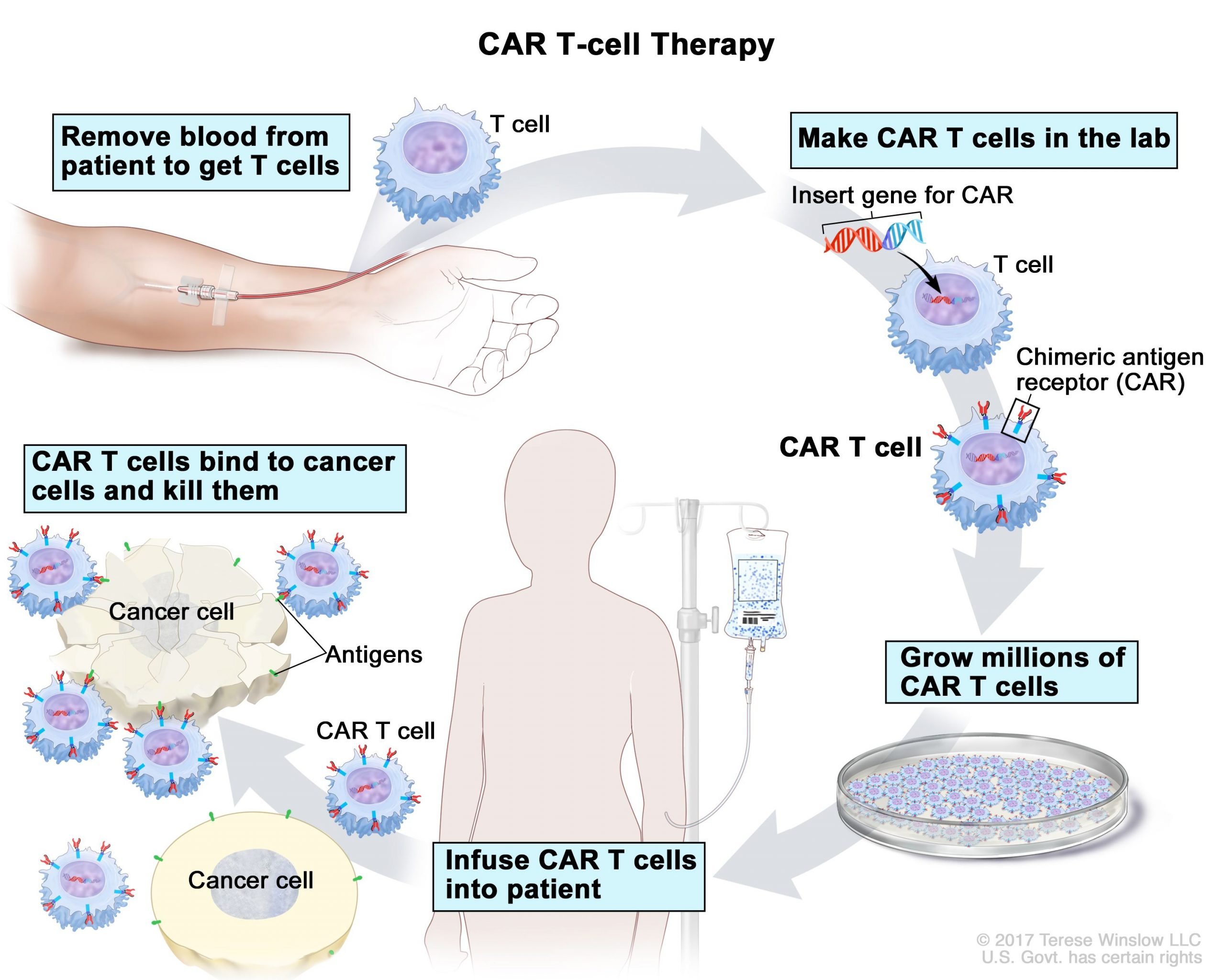
Immunotherapy is a type of biological therapy that utilizes the patient’s immune system to fight cancer. Over the last decade, immunotherapy has been proven as

Thanks to the support of generous donors, 28 projects have received funding for 2022. These projects address the widest range of pediatric cancers and represent
Progress in medical research takes time — and it is only possible through funding and support of people who care. It can be difficult to

Progress in medical research takes time – and requires sustained funding. Support for kids’ cancer research is critically important. Donations from caring individuals make possible studies

Using engineered immune cells to treat DIPG, a devastating brain tumor in kids Diffuse intrinsic pontine glioma (DIPG), also known as diffuse midline glioma, is
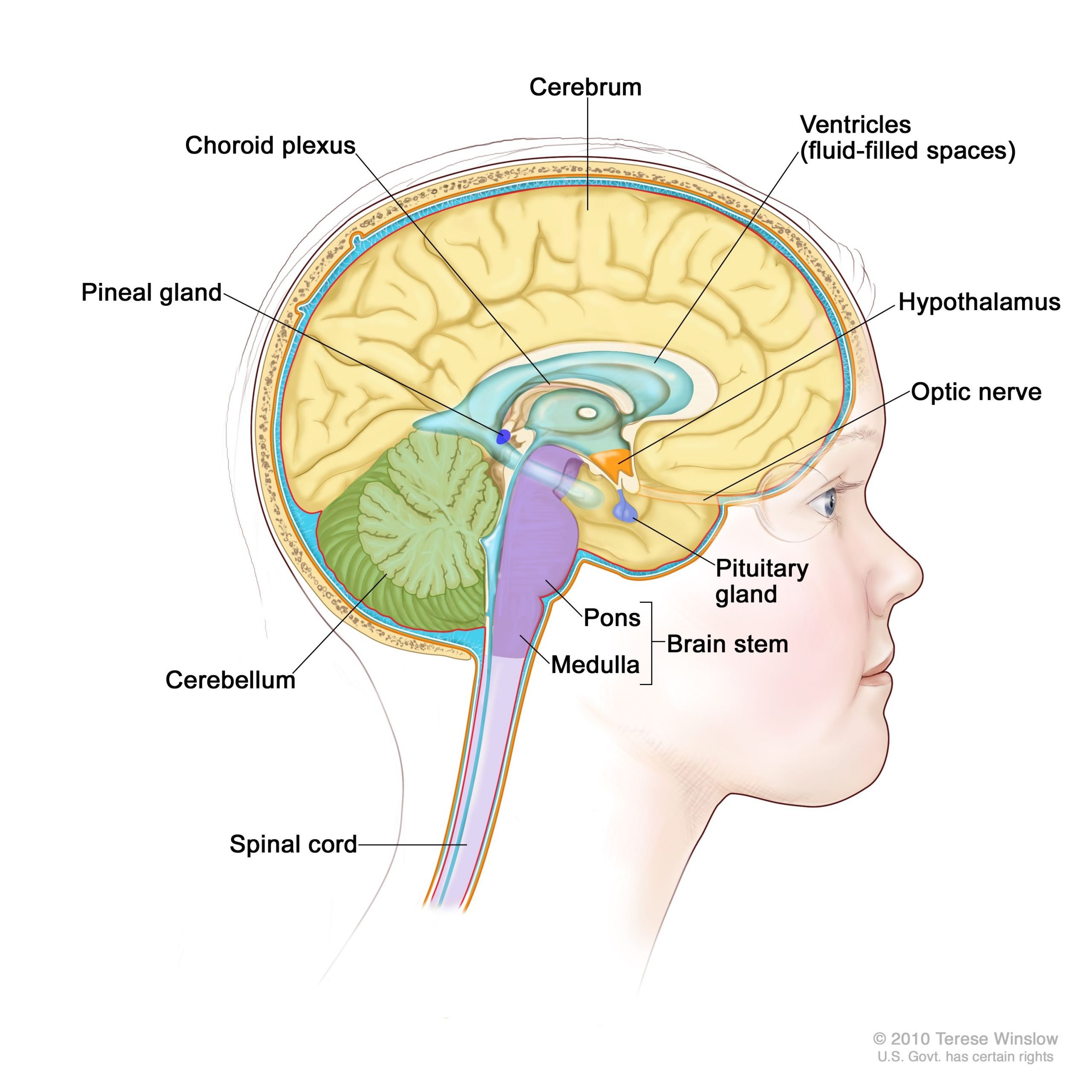
Craniopharyngioma is a type of pediatric brain tumor that typically affects kids under the age of 14 (although it also affects adults between 40-75 years).
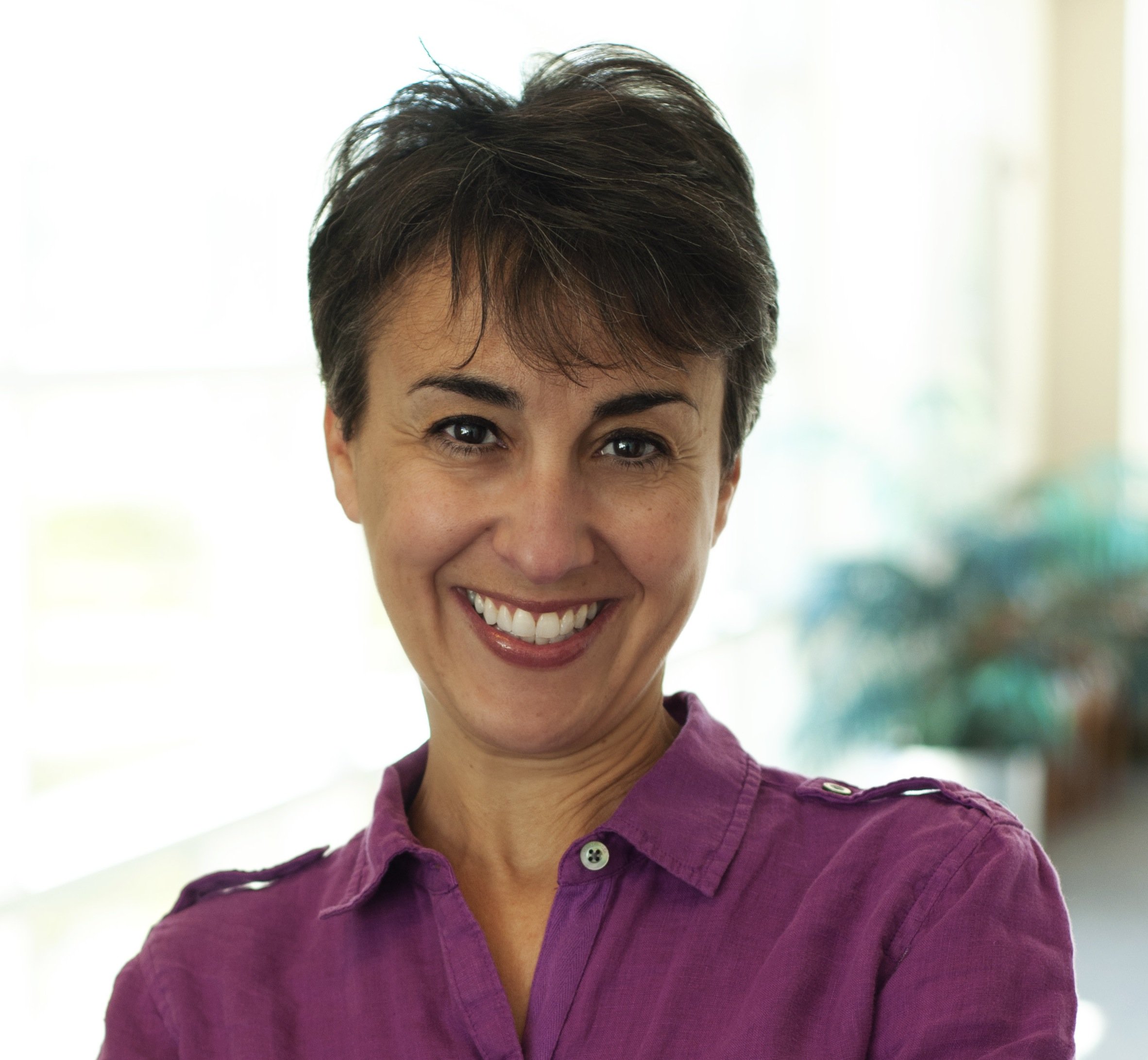
Lia Gore, PhD Center for Cancer and Blood Disorders, Children’s Hospital Colorado Dr. Lia Gore is the Section Head for the Center for Cancer and
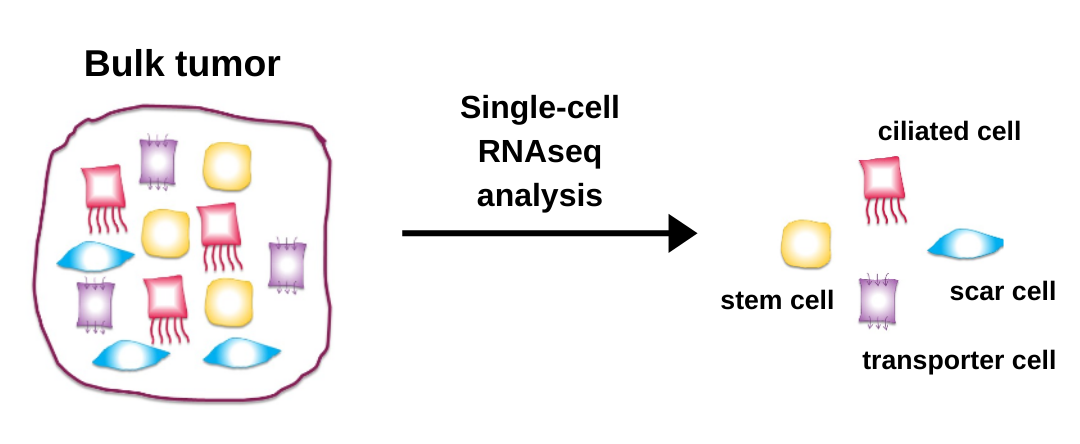
Andrew Donson, Senior Research Associate The Morgan Adams Foundation Pediatric Brain Tumor Research Program at the University of Colorado Anschutz Medical Campus & Children’s Hospital
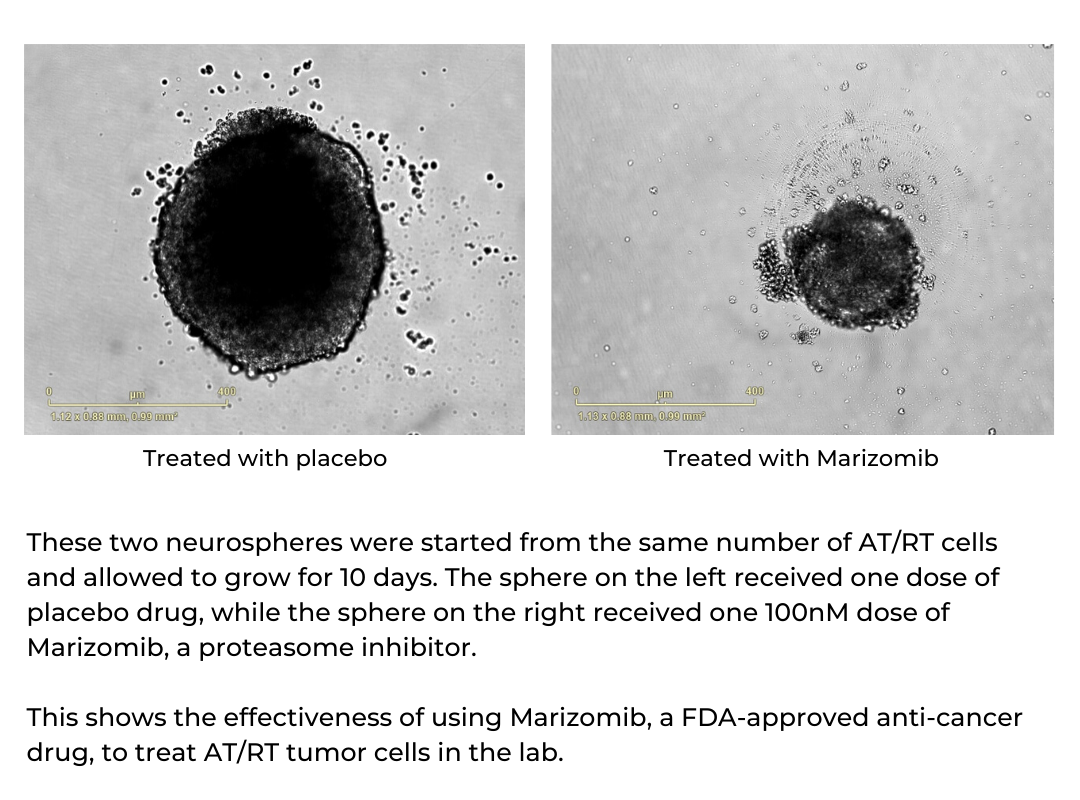
Generally, there are two ways to discover a new cancer drug: You can use basic science to discover a cancer’s Achille’s heel and then find